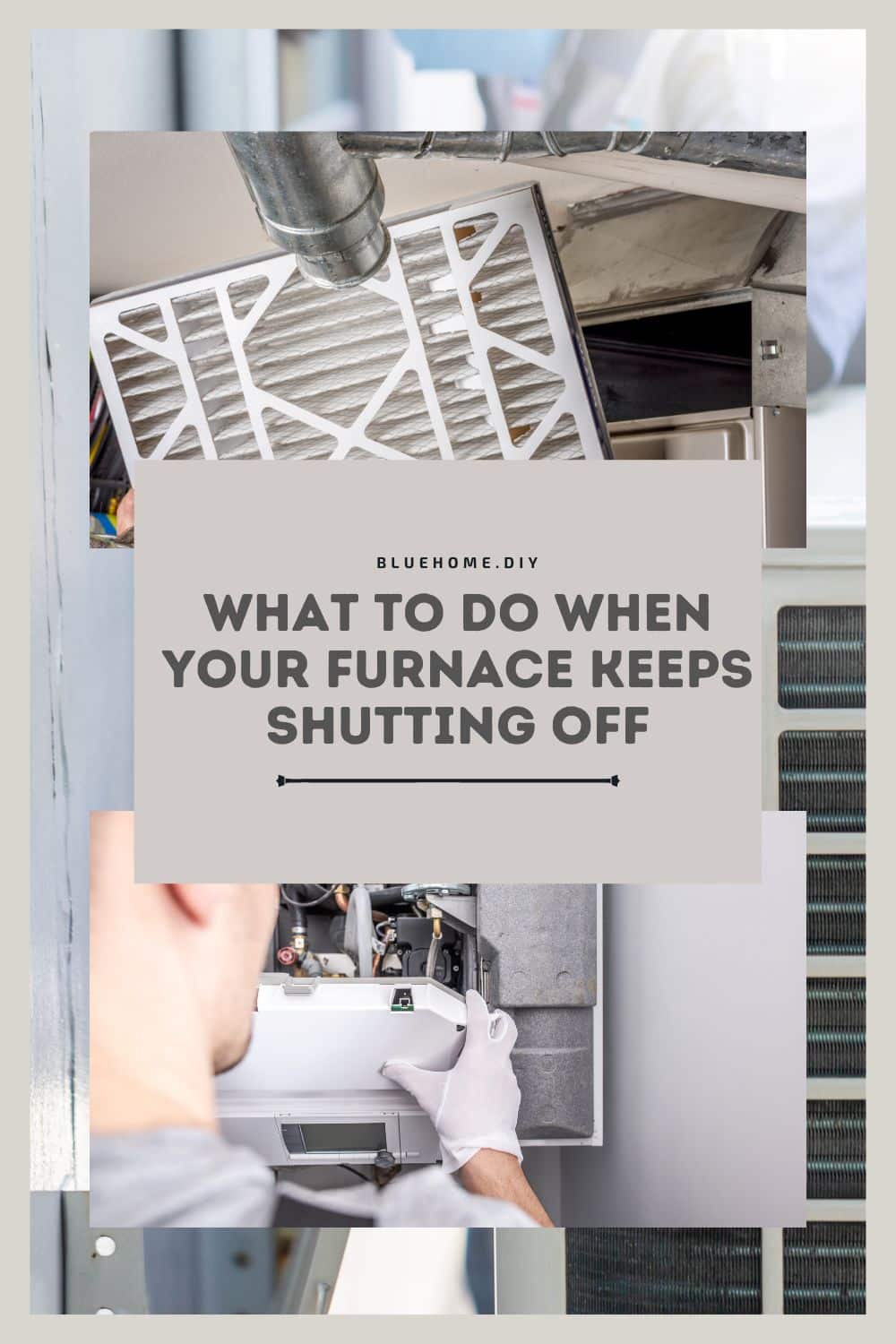Furnace shutting off unexpectedly when the temperature drops can be a frustrating ordeal. Without a functioning furnace, the cold weather months could mean discomfort for your entire household at the worst possible time.
Fortunately, there are certain measures that homeowners can take to troubleshoot and possibly fix their problems beforehand. But if there is any severe issue with your furnace, it is best to consult professionals. A company like Autumn Air repairs heaters and furnaces as the best source for HVAC issues like this, so their insight is usually worth the cost.
That said, let’s go over some things you can do as a homeowner when your furnace keeps shutting off unexpectedly.
Things you need to do when your furnace keeps shutting off
- Check the thermostat
The first thing you should inspect is the thermostat. If the thermostat settings are incorrect, the furnace may shut off due to a lack of heat or airflow. Ensure the temperature is set to the desired level and the fan is turned “on” or “auto” – whichever is appropriate.
If the settings are correct, you should examine the batteries in the thermostat to ensure they are still working. If not, replace the batteries and see if that solves the problem. If this doesn’t resolve the problem, then the thermostat is likely not the issue, and you may need to call a professional to inspect the furnace and its components.
- Check and Clean the Air Filters
The air filter is an essential component of your furnace. It catches and removes any dust, dirt, and other contaminants that have managed to make their way into your house. If a clogged or dirty air filter gets left unchecked, it will cause your furnace to overwork and use more energy than needed. While this may not cause your furnace to shut off, it will make it work harder to deliver the same amount of warmth.
If you notice that your system is shutting off and the temperature in your home is dropping quickly, inspect the air filters and ensure they are clean and not clogged.
- Open air vents and look to clear them out to improve airflow
Check the air vents if you’re having problems with your furnace shutting off. They could be blocked by snow, vegetation, or a nest of some kind—all of which reduce the flow of air to your furnace and cause the high-limit switch to trip.
Wildlife can also sometimes reside or nest within your ducts, especially near the entrances, which can cause a blockage. To avoid potential damage to your heating system and ensure efficient operation, regularly inspect the air vents for blockages. Clear any obstruction, or contact an animal control expert if needed.
- Clean the flame sensor
The flame sensor is a part of the furnace that detects whether the flame inside the furnace is on or off. If the flame sensor is clogged, it may not be able to detect the flame properly, which may cause the furnace to shut off. To clean the flame sensor, you can use a vacuum cleaner to remove any dirt, dust, and other contaminants that have managed to make their way inside.
- Clear the condensate drain pipe
The furnace’s condensate drain pipe is a tube that collects and drains away excess water generated by the furnace. If the condensate pipe is clogged or blocked, water will back up and overflow into the furnace, which may cause the furnace to shut off as a safety measure.
Clear out any blockages in the condensate drain line regularly. Doing so will help prevent costly damage from condensate leaking all over your home.
- Check the exhaust vent for any blockages.
Knowing how your furnace’s exhaust vent works can be the difference between a toasty winter and an uncomfortable one! Air is drawn into the inducer motor through the heat exchanger from the furnace’s combustion chamber and then expels it from the exhaust pipe.
But if something like leaves, bird nests, snow, or soot buildup obstructs the vent, a pressure switch won’t signal the furnace’s control board, causing your furnace to shut off. So, it’s crucial to pay close attention to your furnace’s exhaust vent and keep it clear for optimal performance!
- Check for signs of overheating in the furnace.
If your furnace keeps shutting off and you’ve checked the air filters, thermostat, flame sensor, and condensate drain pipe, you should also check for signs of overheating in the furnace.
If the furnace is overheating, it may shut off as a safety measure. If your furnace is overheating, you must check the surrounding area for possible causes.
Overheating is usually caused by blocked airflow, like dust, dirt, and dust mites. It can cause your furnace to work harder and longer than it should, leading to damage. As a result, it’s essential to look for any sign of overheating in the furnace to prevent it from damage in the long run.
- Consider replacing the furnace if it is oversized.
If your furnace keeps shutting off and there are no signs of overheating, it may be too large for your home. Have a professional assess it based on the size of your home, the number of windows and doors, and insulation levels. If it’s too big, they will help you to install a new one that’s the right size for your home. By replacing the oversized furnace, you can keep your furnace running effectively and prevent those annoying shutoffs.
Contact a professional HVAC expert.

If you’ve gone through all the above measures and your furnace is still shutting off, it’s time to call a professional HVAC technician. Check out the benefits of doing so:
- A professional HVAC expert can accurately diagnose the issue and provide a permanent solution. They have the expertise to identify the root cause and provide a solution that will fix the issue.
- A professional has the knowledge and tools to repair or replace faulty parts safely. They have access to specialized equipment that may be necessary for the repair or replacement.
- A professional can provide regular maintenance to prevent future furnace issues and improve efficiency. They can inspect the furnace and identify potential issues before they become a problem.
By hiring a professional HVAC technician, you can have peace of mind knowing that the issue with your furnace will be appropriately resolved.
Endnote
It’s important to regularly maintain your furnace to prevent issues such as shutting off. By following our tips and scheduling regular maintenance with a professional HVAC technician, you can ensure that your furnace is functioning properly and efficiently.





Leave a Reply